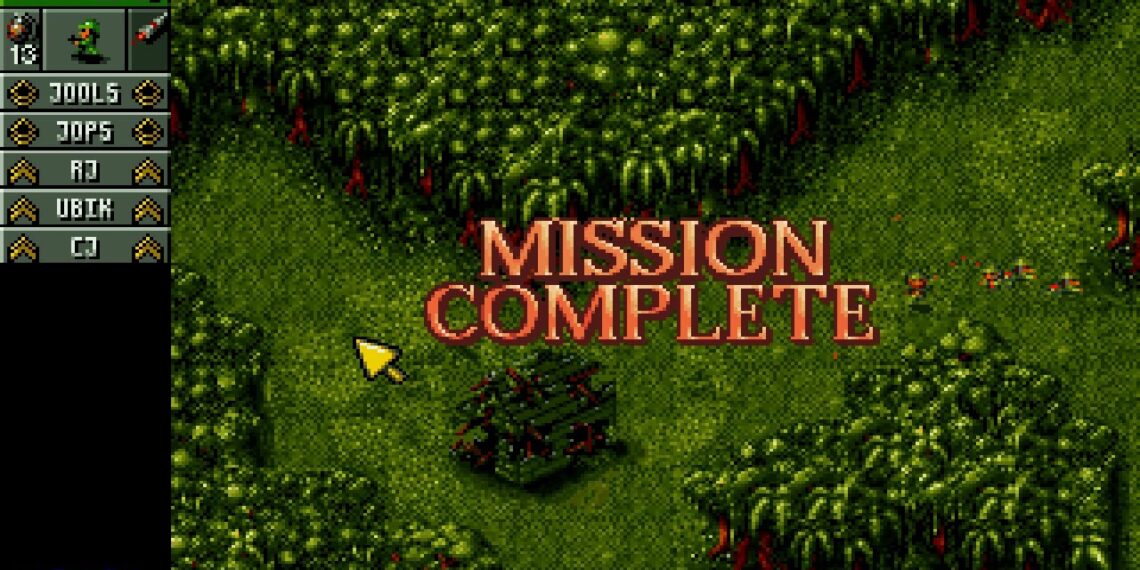War has always carried a heavy human cost. Behind every political decision, battlefield, or economic struggle, there are ordinary people whose lives are placed in harm’s way. These people — the forgotten, the replaceable, the invisible — are what the term Cannon Fodder originally described. They are the ones sent forward so that others may advance, the ones sacrificed so that systems can survive.
As we move deeper into the modern world, with its technology, global economy, and sophisticated rhetoric of progress, the uncomfortable question remains: Has anything really changed?
The Weight of the Term Cannon Fodder
The phrase Cannon Fodder dates back to the early nineteenth century, when industrialized warfare transformed people into numbers — soldiers into statistics. It referred to men sent into the frontlines of battle with little regard for survival. They were, quite literally, food for cannons.
Over time, the term evolved beyond the battlefield. It began to describe anyone treated as disposable: workers, civilians, or communities sacrificed for profit, politics, or ideology. Today, it is a powerful metaphor for dehumanization — a symbol of how progress often comes at the expense of human dignity.
From Trenches to Drones — The Changing Face of War
In the past, wars consumed masses of soldiers. Young men from rural towns and working-class backgrounds were recruited, often promised honor and purpose. In reality, they faced brutal conditions, minimal resources, and little chance of returning home. Their deaths were recorded as “necessary losses,” the cold vocabulary of empire and strategy.
Modern warfare looks different on the surface. Drones, satellites, and artificial intelligence have replaced bayonets and trenches. Yet the Cannon Fodder concept survives. The ones who serve on the front lines today — often from poorer regions or limited economic backgrounds — still bear disproportionate risk.
Enlistment is now “voluntary,” but economic necessity remains a powerful force. Many join military service not out of patriotism but because it offers education, healthcare, or stability they cannot find elsewhere. The same social patterns that once filled trenches now fill recruitment centers.
In this way, the battlefield has become more digital, but the human hierarchy of sacrifice remains intact.
The New Battlefields of the Modern World
The Economic Battlefield
The term Cannon Fodder is no longer confined to soldiers. In today’s hyper-competitive economy, countless workers experience similar disposability. The modern corporate world runs on efficiency metrics — profits, quarterly results, and performance graphs. When numbers don’t add up, people are the first to go.
Layoffs are framed as “restructuring.” Long hours are masked as “dedication.” Workers burn out, get replaced, and the system moves on without pause. In industries from retail to tech, humans are treated as interchangeable pieces, valued only for their output.

The Gig Economy and Disposable Labor
Gig workers are perhaps the clearest modern example of economic Cannon Fodder. Drivers, delivery couriers, and freelancers power entire economies without benefits, protections, or stability. They face constant algorithmic pressure to perform — ratings, deadlines, penalties — yet remain invisible to the companies they sustain.
During the pandemic, these same workers were labeled “essential.” Society applauded them as heroes, yet their working conditions changed little. Their sacrifices were praised but not protected. The irony is painful: the modern world celebrates its Cannon Fodder even as it fails to safeguard them.
The Health and Crisis Workforce
Healthcare staff, janitors, and first responders often stand on the frontlines of global emergencies. Their dedication is vital, yet their exhaustion is ignored. When crisis strikes, they are hailed as heroes; when stability returns, they are forgotten.
The pattern echoes through history — people exalted in hardship, discarded in peace.
How the System Masks Disposability
In both war and work, one pattern repeats: the human cost is hidden behind abstraction. Casualty numbers replace names. Graphs and data replace stories. In the modern media age, this detachment is amplified. We scroll past tragedy as though it were routine.
Cultural conditioning plays its role too. Movies glorify sacrifice. Political rhetoric celebrates “service.” Corporate speeches praise “dedication.” Yet behind these words lies the same logic — that some must be sacrificed for the greater good.
The language softens the reality. It turns pain into patriotism, loss into strategy, burnout into productivity.
That is how the Cannon Fodder mentality survives: not through cruelty, but through normalization.
The Voices of the Modern Fodder
To understand this issue, one must listen to those caught inside it.
Soldiers and Veterans often describe feeling used and abandoned. Many face mental health challenges, unemployment, and homelessness after returning from service. They are told they fought for freedom, yet struggle to find it in civilian life.
Gig and Delivery Workers share stories of exhaustion, fear, and invisibility. Their daily lives are dictated by algorithms that decide who works, who rests, and who earns. They face injury, illness, and uncertainty without any safety net.
Healthcare Workers recount working through exhaustion, often risking their lives during pandemics. They receive applause but little structural support. Many feel trapped in a cycle of endless demand and minimal appreciation.
These voices remind us that behind every statistic lies a person — someone who believed their effort mattered, only to discover how easily they could be replaced.
Technology and the Illusion of Progress
It’s easy to assume technology will solve human inequality. Automation, artificial intelligence, and digital tools promise efficiency and fairness. Yet technology often amplifies existing disparities.
Automation replaces human labor without addressing the lives displaced. Algorithms optimize productivity but ignore emotional wellbeing. In warfare, drone pilots press buttons from miles away — but the casualties, often civilians, are still very real.
In both war and economy, technology has made it easier to separate cause from consequence. The suffering becomes remote, abstract, and easier to ignore. This emotional distance is precisely what allows Cannon Fodder to persist in modern form.
Has Anything Really Changed?
In some ways, yes. We have more awareness, more laws, and more platforms for accountability than ever before. Human rights movements, labor unions, and social media activism have exposed injustices that were once invisible. There is progress in recognition, if not yet in action.
But the deeper issue remains unchanged — the unequal distribution of risk and reward. Some lives still count for less. Some sacrifices are still expected, not chosen. The faces of the expendable may differ — the soldier, the nurse, the warehouse worker, the driver — but the principle is the same.
Modern civilization has replaced trenches with cubicles, and cannons with code. Yet the pattern of power and sacrifice endures.
What Must Change
To truly move beyond the mindset of Cannon Fodder, society must confront how it values human life.
- Redefine Progress: Growth that depends on human suffering is not progress.
- Protect Workers: Labor protections, fair wages, and mental health safeguards must be non-negotiable.
- Humanize Data: Behind every number is a story; behind every metric, a life.
- Share Risk Fairly: No group should bear the majority of danger or hardship for another’s comfort.
- Empower Voices: Give platform to the people whose work sustains our systems — not just those who profit from them.
When systems treat people as human rather than replaceable, dignity replaces despair, and compassion replaces control.
Conclusion
The phrase Cannon Fodder should haunt us. It is a reminder that progress, when pursued without conscience, devours the very people who make it possible. Whether in war, business, or everyday life, the temptation to devalue others remains strong — hidden behind numbers, profits, or political ideals.
So, has anything really changed? Not enough. The faces of the disposable may shift, but the mindset that allows disposability persists. True progress will only begin when we recognize that no life — not a soldier’s, not a worker’s, not a caregiver’s — should ever be considered expendable.
Also read :Disco Elysium for First-Timers: Tips I Wish I Knew















